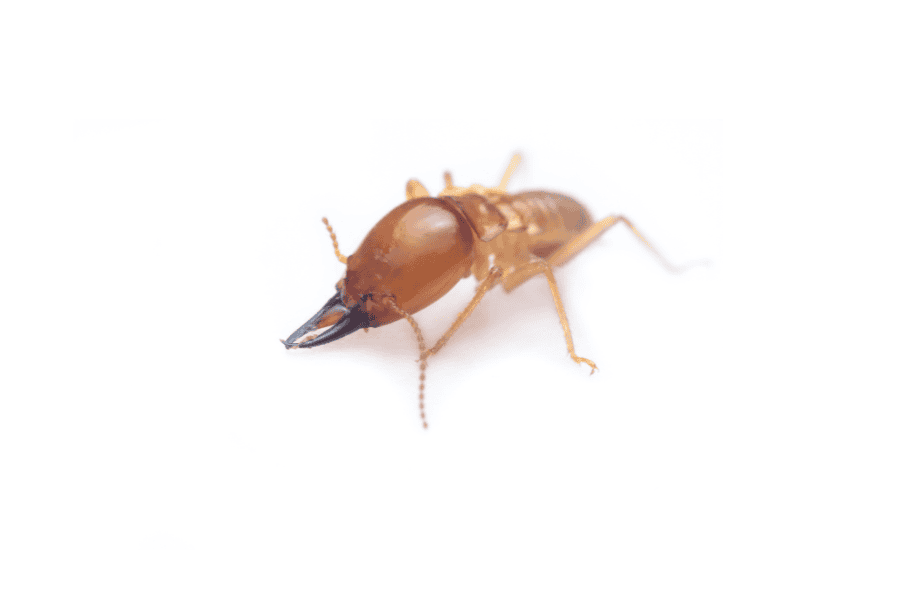Drywood termites might seem like their counterpart, the subterranean termite, but they couldn’t be more different. Instead of surviving off moisture like subterranean termites, drywood termites seek dry wood for their food source. Once these termites find a place to create their colony, they will excavate the wood and cause significant structural damage to many Florida homes. One of the best ways you can avoid drywood termite damage is understanding their signs and the preventative measures to place on your property!
Common Signs of Drywood Termites
Drywood termites build their colonies inside wood in and around your home, surviving above the ground. While termites are difficult to spot, there are signs to indicate their activity in your home, including:
- Discarded wings on windowsills and near doors
- Seeing flying termites or swarmers near your home or in your neighborhood
- Hollow-sounding or visible damaged wood; the wood often looks carved out
- Piles of frass, or termite droppings, around the exterior or interior of your home; droppings look like coarse grains of sand
Drywood Termite Prevention Tips
In Florida, drywood termite activity is year-round, so it’s crucial to stay on top of your termite prevention. Consider the following tips to avoid a drywood termite infestation:
- Regularly inspect your home for any of the above drywood termite signs. Don’t forget to look near baseboards, beams, and other wood materials throughout your home for their activity.
- Seal openings around your doors, windows, and utility pipes with caulk or other sealants as soon as possible; this will help to keep termites and other household pests from entering your home.
- Before bringing used furniture or firewood inside your home, make sure to inspect it first for any signs of termites.
- At night, turn off your outside lights and close your curtains as termites are attracted to light.
If you notice drywood termite signs or suspect there are termites inside your Florida home, it’s best to contact a local pest control company near you. These professionals can schedule you with a routine termite inspection and termite control options.

